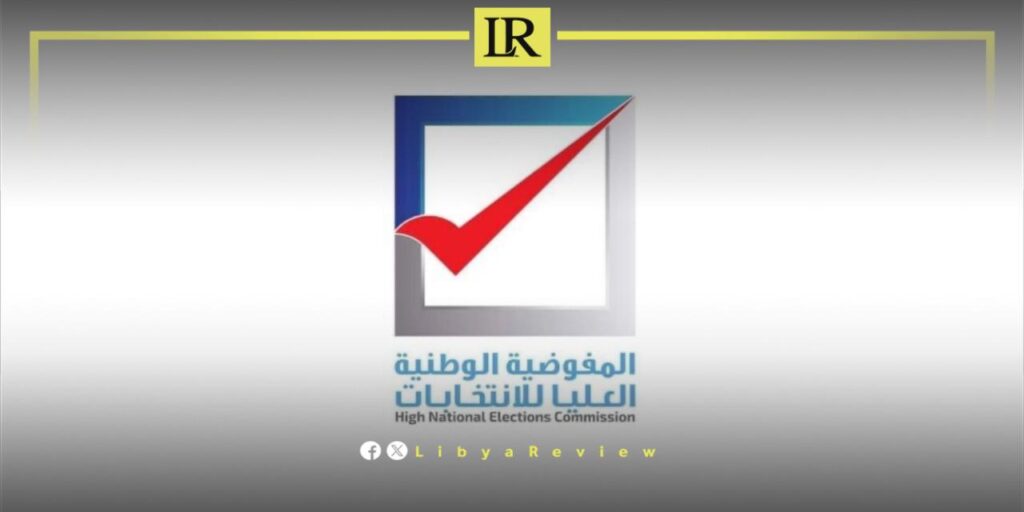Libya’s High National Elections Commission (HNEC) has announced that more than 461,202 voters have registered for the second phase of municipal elections, scheduled to take place across 62 municipal councils.
According to a statement issued by the Commission, 325,272 men and 135,930 women have successfully registered so far.
The voter registration process, which is part of the electoral roll system for municipal council elections, will remain active throughout the Eid al-Fitr holiday, the Commission confirmed.
On March 13, the Commission’s board decided to extend the registration period for the second group of municipal elections until April 6, with existing registration procedures remaining in place.
This electoral phase is part of Libya’s broader effort to revive local governance and democratic participation at the grassroots level amid ongoing political challenges.
Libya has been in chaos since a NATO-backed uprising toppled longtime leader Muammar Gaddafi in 2011. The county has for years been split between rival administrations.
Libya’s economy, heavily reliant on oil, has suffered due to the ongoing conflict. The instability has led to fluctuations in oil production and prices, impacting the global oil market and Libya’s economy.
The conflict has led to a significant humanitarian crisis in Libya, with thousands of people killed, and many more displaced. Migrants and refugees using Libya as a transit point to Europe have also faced dire conditions.
The planned elections for December 2021 were delayed due to disagreements over election laws and the eligibility of certain candidates. This delay has raised concerns about the feasibility of a peaceful political transition.
Despite the ceasefire, security remains a significant concern with sporadic fighting and the presence of mercenaries and foreign fighters. The unification of the military and the removal of foreign forces are crucial challenges.


